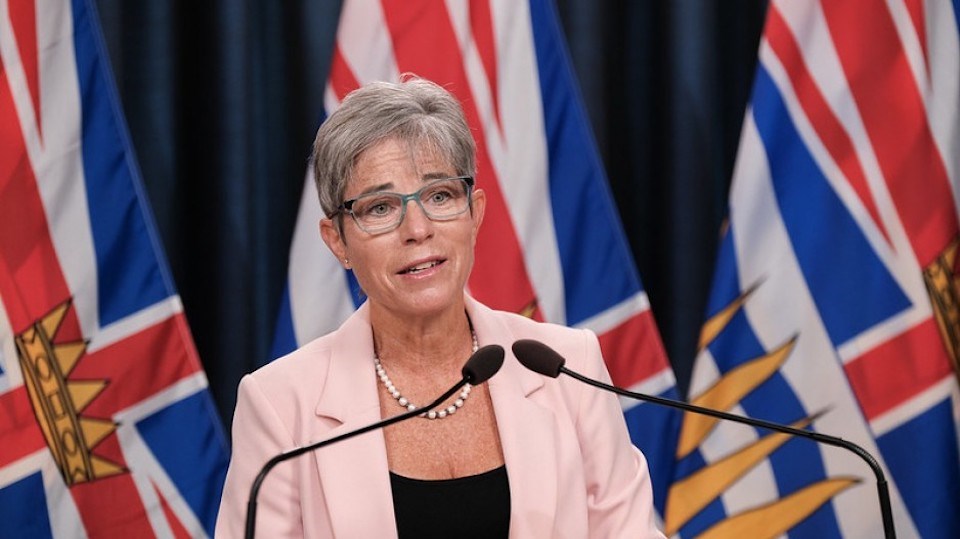A global credit rating agency released a scorecard Wednesday, in response to Tuesday budget, that maintains the province's AA (high) credit score.
DBRS Morningstar flags B.C.’s rising debt level, but acknowledges the province’s comparatively strong economic performance and budgetary “prudence” in the form of billions of dollars in contingencies, and conservative forecasts for future GDP growth.
Budget 2022 forecasts a deficit of $5.5 billion in 2022–23, and a $483 million shortfall for 2021–22. DBRS Morningstar equates that to a shortfall of $9.4 billion -- 2.6 per cent of GDP.
DBRS notes that the B.C. government has suspended balanced budget legislation, but also notes the government is budgeting conservatively, and building in significant contingencies, including underestimating growth projections.
The “prudence” built into Budget 2022 includes:
- pandemic recovery contingencies of $2 billion in 2022–23, and $1 billion in 2023–24.;
- a $1 billion forecast allowance each year;
- general program and CleanBC contingencies of $2.8 billion ; and
- conservative GDP growth assumptions
“Despite this seemingly relaxed approach to balanced budgets, we expect the significant level of prudence incorporated in budget assumptions will leave room for outperformance, as has been British Columbia's trademark,” DBRS says in its scorecard.
“The fiscal plan is built upon assumed real GDP growth of 4.0 per cent in 2022, followed by 2.5 per cent in 2023. Like past budgets, this forecast is conservative relative to the private-sector consensus.”
“At the time of our last review in June 2021, we anticipated that British Columbia would outperform the budgeted debt forecast, and this has materialized. The province now projects net debt-to-GDP to reach 18.9 per cent in 2022–23 and 22.3 per cent by 2024–25, which are material improvements from the 2021 budget forecast.”
The rating agency notes that B.C.’s economy has rebounded from a pandemic induced downturn better than many jurisdictions have.
“The labour market exhibited considerable strength in 2021, with employment returning to pre-pandemic levels by midyear and the unemployment rate averaging 6.5 per cent, down from 8.9 per cent in 2020. Consumer spending remained strong, with retail sales rising by 12.4 per cent according to Statistics Canada. Meanwhile, residential investment continued to be supported by robust housing activity, and nonresidential investment strengthened.
“Improving global demand and rising commodity prices provided strong support to exports, although the November 2021 floods disrupted the flow of goods late in the year.”





